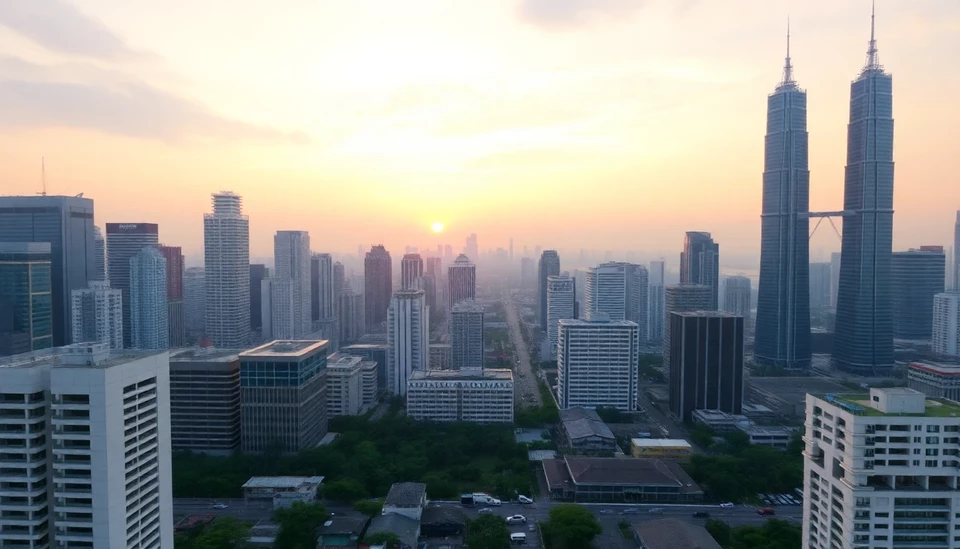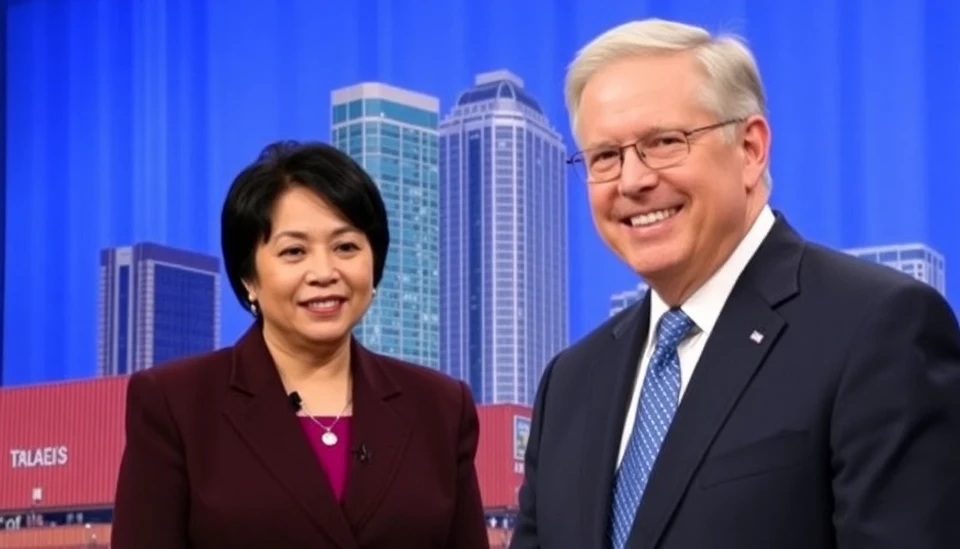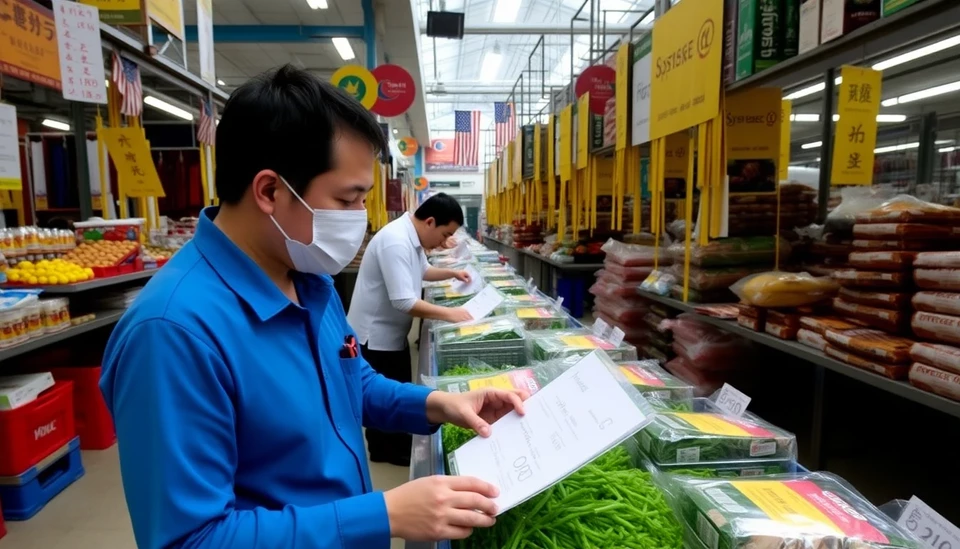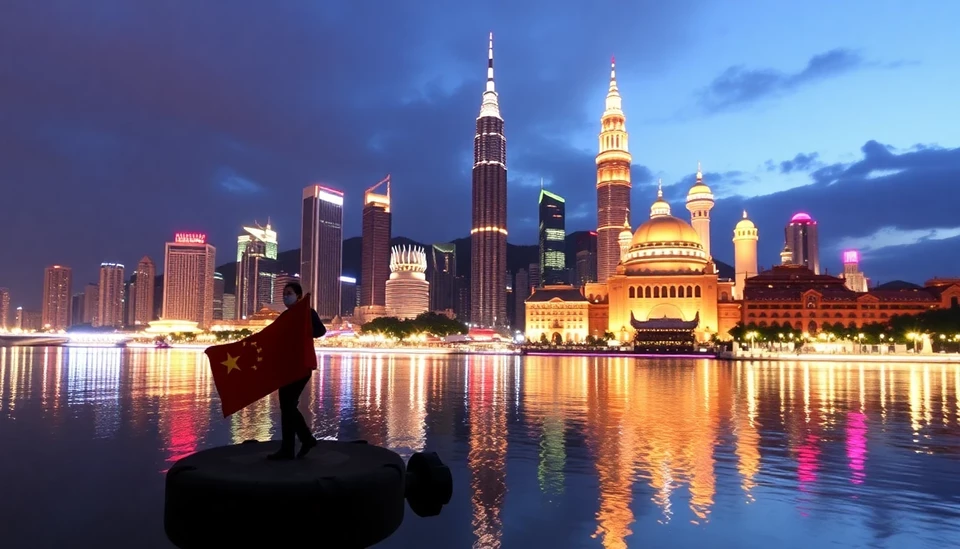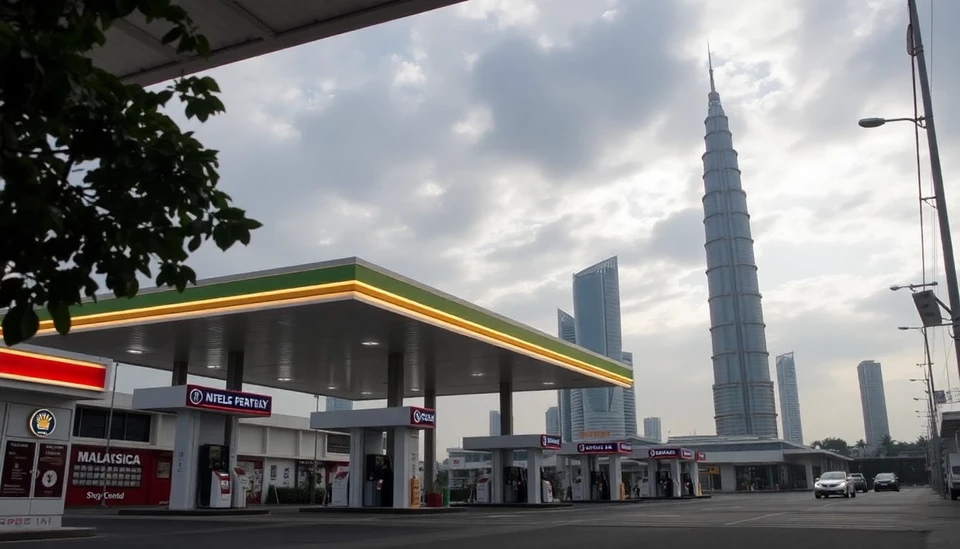
The Malaysian government is in the final stages of restructuring its petrol subsidy system, as confirmed by Deputy Finance Minister Rafizi Ramli. This significant reform aims to create a more sustainable and equitable approach to fuel subsidies, which have long been a centerpiece of the country’s economic policy.
In a statement, Rafizi explained that the current petrol subsidy framework has led to increased government spending, prompting the urgent need for revision. The ongoing revamp is part of broader efforts to ensure that subsidies benefit the lower-income segments of the population while addressing government fiscal constraints.
The revamped subsidy scheme is expected to introduce a more targeted approach, which would allow the government to allocate funds more effectively, minimizing waste and ensuring that financial assistance reaches those who need it the most. This move comes as Malaysia grapples with escalating global oil prices and the desire to minimize budget deficits.
Rafizi highlighted that the economic landscape is shifting, and the government's focus is to adapt to these changes by making fuel subsidies more efficient. There are plans to implement measures that would help mitigate the financial burden on lower-income households while reducing the overall cost of subsidies.
In addition to targeting specific demographics, the government is also expected to enhance transparency in the subsidy allocation process. Rafizi mentioned that this transparency would help address concerns about corruption and mismanagement associated with the previous subsidy system.
The transition to a new subsidy model has been an ongoing discussion within the government, and Rafizi indicated that they are committed to ensuring a smooth implementation process. The Deputy Finance Minister expressed optimism that the final stages of this revamp would occur without significant backlash from the public, as the government emphasizes its commitment to social equity and support for vulnerable communities.
Public feedback will play a crucial role in the finalization of the new subsidy framework. The government plans to engage with civil society and stakeholders to gather input and ensure that the reforms align with the needs of the people. As Malaysia moves toward this new approach, the focus remains on balancing fiscal responsibility with social welfare.
This petrol subsidy revamp highlights Malaysia’s broader economic strategy, which seeks to create a resilient and responsive fiscal environment in light of global economic challenges. By taking these steps, Malaysian authorities aim to foster a more sustainable economy that can withstand fluctuations in oil prices and global market dynamics.
The government’s proactive measures in transforming its subsidy programs reflect its long-term vision for economic development and stability, ensuring that financial resources are utilized effectively and equitably across different income groups.
#Malaysia #PetrolSubsidy #EconomicReform #RafiziRamli #FiscalResponsibility
Author: Daniel Foster
